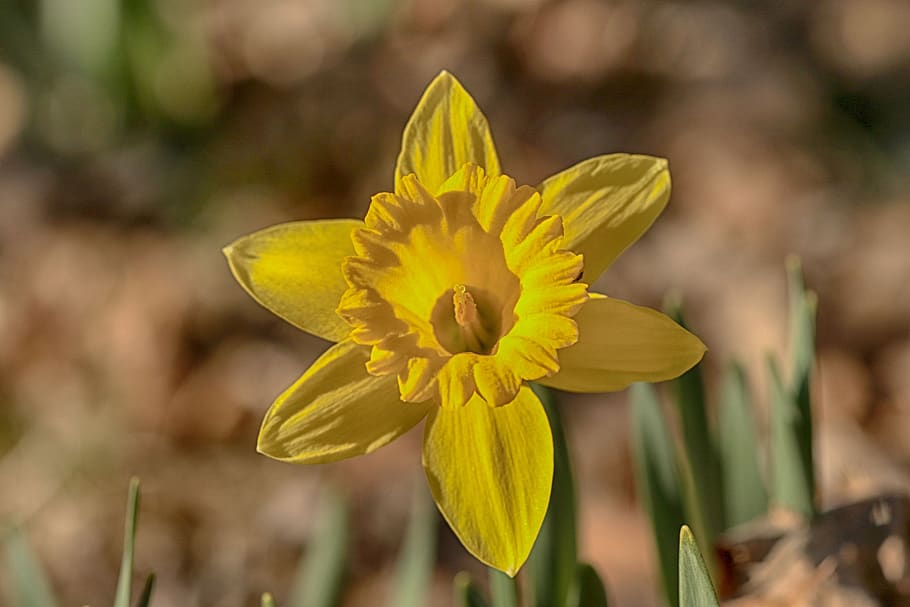| Contribute a translation | Source (English) |
|---|---|
O Master of the Universe: We stand before Thee at the onset of the wondrously beautiful month of May– the month whose visible glories are an ever-present reminder of Thy gracious skill and bountiful artistry: earth and sky, tree and flower bespeak the burgeoning blessing which fills Thy universe. | |
Yet, as we behold the mantle of magnificence with which Thou hast clothed the earth, we are reminded that some of the earth’s richest treasures, its most precious possessions are hidden from the naked eye: coal and oil that warm our homes and power our industry are hidden in the bowels of the earth; diamonds and rubies emeralds and Pearls must be extracted from the cores of mountains or dredged from the depths of the sea. | |
Are not we, thy children, Lord, fashioned in this same manner? There are those whose goodness radiates from their countenance: whose every word is a joy and a comfort; And there are those whose goodness is buried beneath mountains of suspicion, covered by waves of bitterness. | |
Help us, O Father, to perceive the goodness Thou hast planted in each of Thy children, to persist in bringing it forth to the light. | |
Grant us the perseverance of miners and the courage of divers to sustain our search amid the dross and slag of emotion and conflict for the ever-present ore of goodness and the jewels of lovingkindness that are hidden deep in the hearts of our fellowmen. Amen. |
Rabbi Abraham Soltes’s “[Prayer] in Spring” is an undated prayer published in his collection of prayers, תפלה Invocation: A Sheaf Of Prayers (Bloch 1959). The earliest prayer in that collection dates to 1950 and we are confident this prayer can be dated between 1949 and 1954.
I have tagged this prayer as problematic, as it leaves ambiguous the subject and object of prejudice and bigotry (“those whose goodness is buried beneath mountains of suspicion, covered by waves of bitterness”). Which “fellowmen” is Soltes referring to when he posits that they have an “ever-present ore of goodness..jewels of lovingkindness…hidden deep in [their] hearts”? I have a sense that Soltes is cryptically referring to the civil rights conflict, but his vagueness makes it difficult to identify his fellowmen as civil rights activists, white racists, or both. Is Soltes sympathizing with fellow whites whose lovingkindness is hidden deep in their hearts, or is he referring to the anger of blacks struggling under American racism? Perhaps Soltes intended his prayer to remain ambiguous for his audience of suburban Jews, a generation of American Jewry enjoying new-found acceptance into white America. Given these ambiguities and Soltes position in New Jersey, it seems likely to me that this prayer was composed as a reflection of the Trenton Six case. (From wikipedia:)
The Trenton Six is the group name for six African-American defendants tried for murder of an elderly white shopkeeper in January 1948 in Trenton, New Jersey. The six young men were convicted in August 1948 by an all-white jury of the murder and sentenced to death.
Their case was taken up as a major civil rights case, because of injustices after their arrests and questions about the trial. The Civil Rights Congress and the NAACP had legal teams that represented three men each in appeals to the State Supreme Court. It found fault with the court’s instruction to the jury, and remanded the case to a lower court for retrial, which took place in 1951. That resulted in a mistrial, requiring a third trial. Four of the defendants were acquitted. Ralph Cooper pleaded guilty, implicating the other five in the crime. Collis English was convicted of murder, but the jury recommended mercy – life in prison rather than execution.
The civil rights groups appealed again to the State Supreme Court, which found fault with the court, and remanded the case to the lower court for retrial of the two defendants who were sentenced to life. One was convicted in 1952 and the other pleaded guilty; both were sentenced to life. Collis English died in late December that year in prison. Ralph Cooper was paroled in 1954 and disappeared from the records.
Source(s)


“[Prayer] in Spring, by Rabbi Avraham Samuel Soltes (ca. 1950s)” is shared through the Open Siddur Project with a Creative Commons Public Domain Dedication 1.0 Universal license.




![[Prayer for the] Dedication of a Medical Research Clinic, by Rabbi Avraham Samuel Soltes (ca. 1950s)](https://opensiddur.org/wp-content/uploads/2019/09/bh-newark-beth-israel-1cf11c0jpg-f34bb6ebfaadf268.jpg)





Leave a Reply